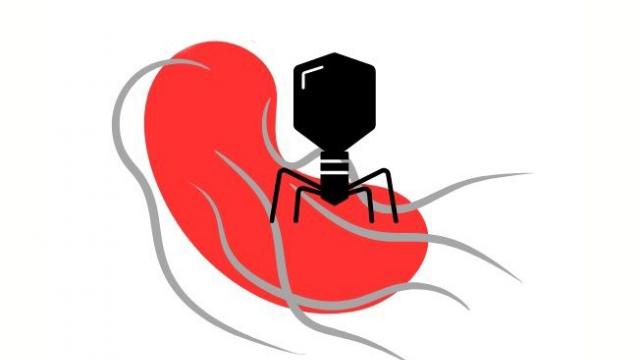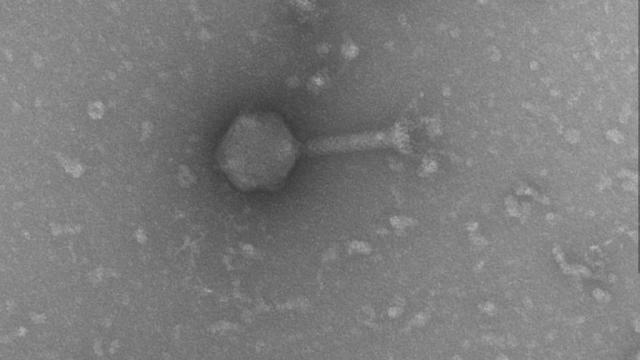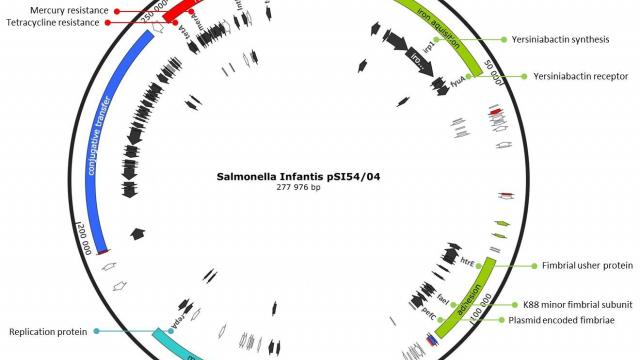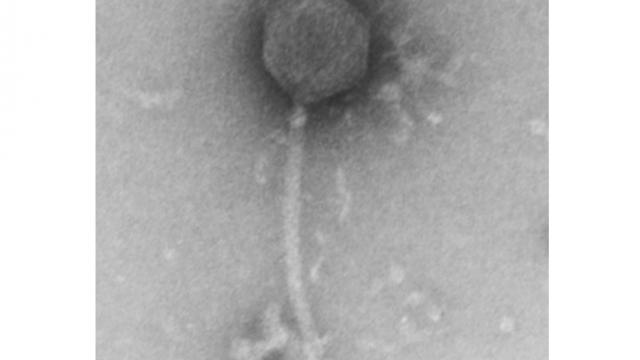Enteric Bacteriology and Foodborne Zoonosis
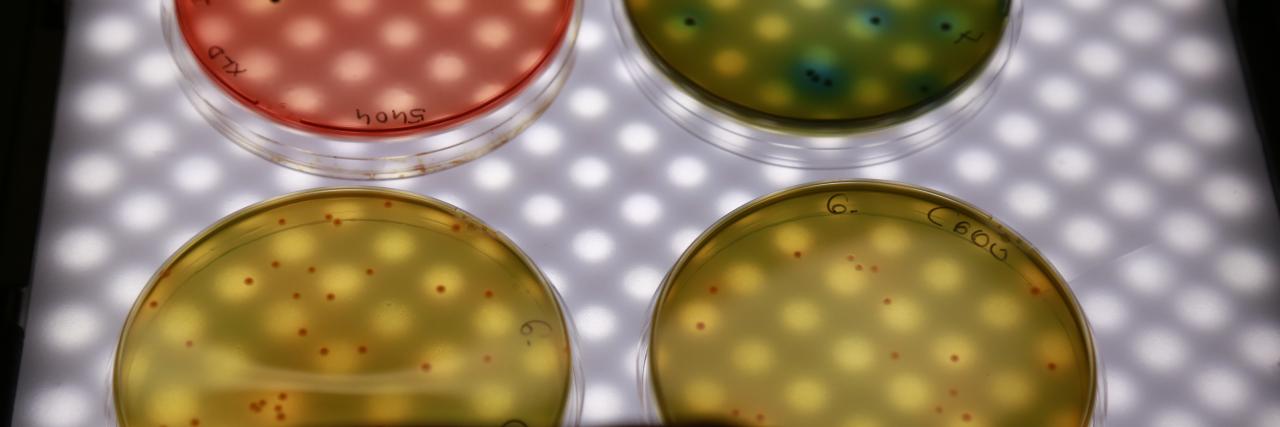
We study the genetic diversity and relation between the antibiotic resistance and virulence of Salmonella and E. coli and of other enteric bacteria with animal- and public health importance, trying to develop new ways of and prevention and control.
The global spead of multiresistant (MDR) Salmonella and E. coli strains among poultry populations are increasing the food safety risk of broiler meat and are decreasing its market value for the consumer. Hungary is no exception in this respect.
Reflecting on this current problem, as a continuation of our internationally widely recognized research activity. Presently one of our central goals is to identify and characterize resistance/virulence plasmids of food safety and public health importance, that are potentially transferable between Salmonella and E. coli. Since we assume, that the simultaneous presence of these two MDR bacterial species allows the intraspecies and intergeneric exchange of mobile genetic determinants. These rearrangements can increase the genetic diversity of bacteria, thereby promoting the selection and spread of certain MDR Salmonella serovars and E. coli pathotypes.
We are currently the only Hungarian research laboratory dedicated to the genome-based analysis of antibiotic resistance and virulence of enteric bacteria on the basis of the “One Health” perspective. Our group is cooperating successfully for a long time with national and international institutions listed below. Considering that the vast majority of human salmonelloses of broiler origin in Europe and in several other countries are caused by S. Infantis, this topic is of increasing national and international relevance, raising global public health and food safety concerns through the spread of MDR strains and clones. As a result of a long time cooperation with the NÉBIH National Reference Laboratory and the NNK Phage Typing and Molecular Epidemiology Department, we first characterized the pSI54/04 plasmid of the MDR S. Infantis B2 clone which is epidemic in Hungary and revealed the intraclonal genomic diversity of plasmidic strains.
Results of our research may provide a new perspective in the exploration of the zoonotic and food safety aspects of associated resistance-virulence traits and in the development of control measures against resistant and pathogenic strains.
Services
- complex determination of antibiotic resistance pheno- and genotypes
- detection, typing and functional characterization of resistance/virulence plasmids
- practice-oriented development of diagnostic PCR systems according to actual food safety needs
National and international cooperations
- Institute of Genetics and Biotechnology, MATE
- Veterinary Diagnostic Directorate, National Food Chain Safety Office
- Food and Feed Safety Directorate, National Food Chain Safety Office
- National Center for Epidemiology
- Department of Medical Microbiology and Immunology, University of Pécs
- Institute for Medical Microbiology, Semmelweis University
- Department of Microbiology, University of Szeged
- Animal and Plant Health Agency, Addleston (United Kindgdom)
- University of Münster, Institute of Hygiene, Microbial Genome Plasticity (Germany)
- Veterinary Research Institute, Brno (Czech Republic)
